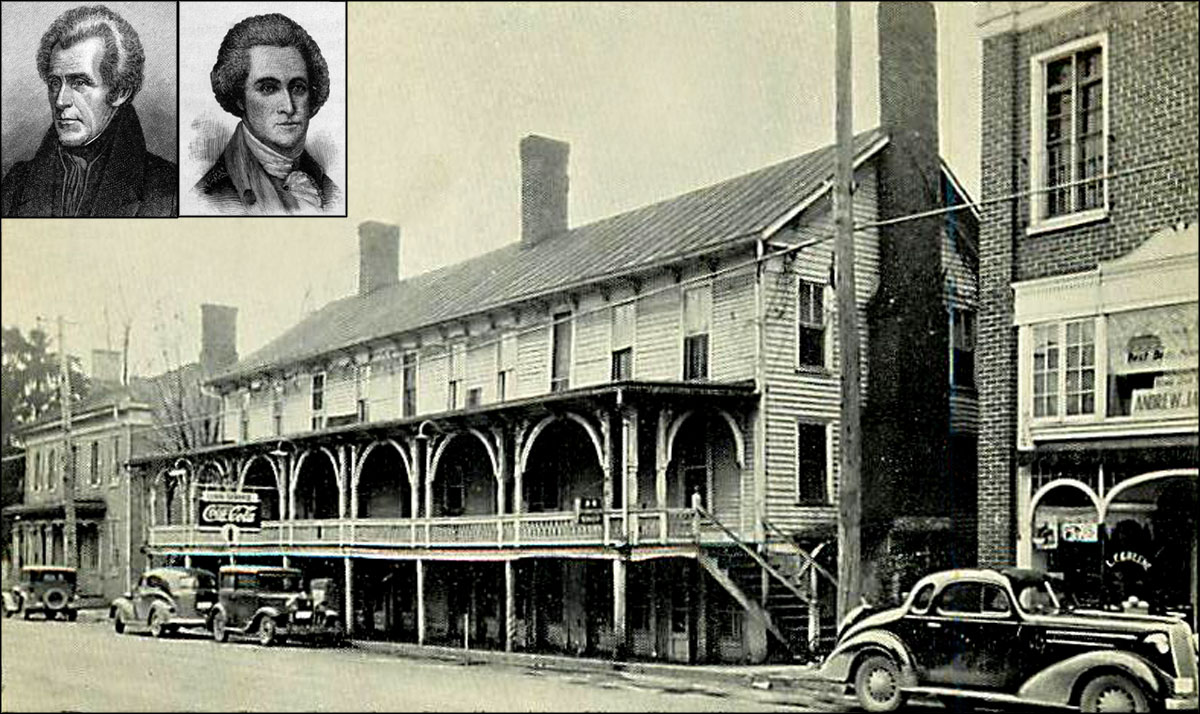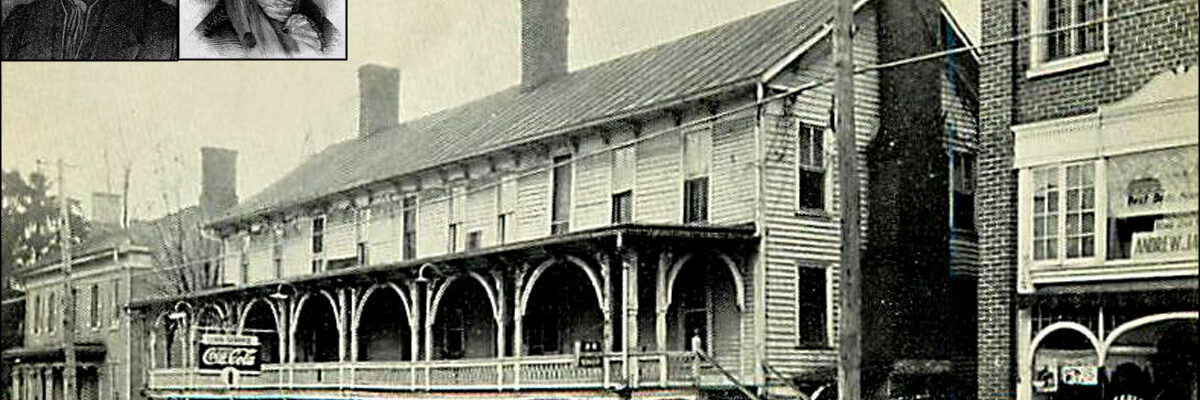Charles Kuralt is remembered for his popular 25-year “On the Road” program for CBS, a television series that began as a three-month trial in October 1967. Teamed with a cameraman and a soundman, the American journalist logged more than one million miles in six motor homes while producing approximately 500 segments. His formula for success was simple – stay off interstate highways and abide by no set itinerary. It worked.
Kuralt maintained a state-by-state file of letters from fans, references from public relations firms and ideas from local chambers of commerce. He sought out-of-the-way places with atypical stories and unsung heroes. He was given total freedom to explore this great vast land we call America.
Recently, I purchased a book titled, On The Road With Charles Kuralt (G.P. Putnam’s Sons, New York, 1985) from a local flea market. The chapter on Jonesboro (Jonesborough), Tennessee caught my eye. Kuralt branded the town as “The Most Contentious Little Town in North America.”
The first part of the report mentions the State of Franklin: “Jonesboro, Tennessee’s oldest town, stands quietly in the late autumn sun. It’s all so peaceful now. Hard to believe that it was once the most contentious little town in North America. That was just at the end of the Revolutionary War, when North Carolina, which had ambitions to be a civilized place, took one look at its western possessions, filling up with rough characters wearing buckskins and fighting Indians and decided enough was enough.
“So the state of North Carolina said to the brand new American Congress, ‘Tell you what we’re going to do. We’re going to give North Carolina west of the mountains to you.’ The Congress said, ‘Thanks, just the same. But we’ve troubles enough already and what we don’t need is a bunch of backwoodsmen living in a wilderness.’ People around here, left with no government, decided they’d better start one. And right here on this spot, they did. As far as they were concerned, it was the 14thstate. They named it “State of Franklin” after Ben Franklin.”
Headquarters for the new territory was in a building on the site where today’s Washington County Courthouse is located. The new government elected Colonel John Sevier as its governor. The book was a bit unkind to Sevier by noting that the venture was unsuccessful because his constituents were a headstrong, unruly, rough and tumble, ungovernable lot who ever tried to form a government. They were unable to get along and frequently engaged in physical altercations in the courtroom. They even had competing sheriffs to arrest one another. The old graveyard in town received brisk business from the frequent use of muskets and pistols.
The situation grew even worse when a daring young lawyer, named Andy Jackson, rode into town itching for a fight. He and Colonel Robert Love instantly engaged in a verbal exchange. “You sir,” said Jackson, “and all your family are a band of land pirates.” Colonel Love countered, “And you sir are a (expletive) long, gangling, sorrel-topped soap stick. John Sevier added his two-cents worth: “Andrew Jackson is the most abandoned rascal my eyes have ever beheld.” Jackson replied angrily in a newspaper ad: “Know ye that I, Jackson, do pronounce, publish and declare to the world his Excellency, John Sevier, is a base coward and poltroon.” The initial battle of words eventually gave way to swords, canes and guns.”

The book recalled an incident that occurred at the Chester Inn as told by the late historian, Paul Fink. Jackson came to town to hold court, but he was so ill, they had to help him from his horse and put him in bed at the inn. Believing that he was about to be tarred and feathered, Jackson asked for guns at his bedside and dared anyone to approach him. No one did and the incident was quickly defused. Kuralt noted that after the three men moved away from the town, “Jonesboro’s been a lot quieter.”
